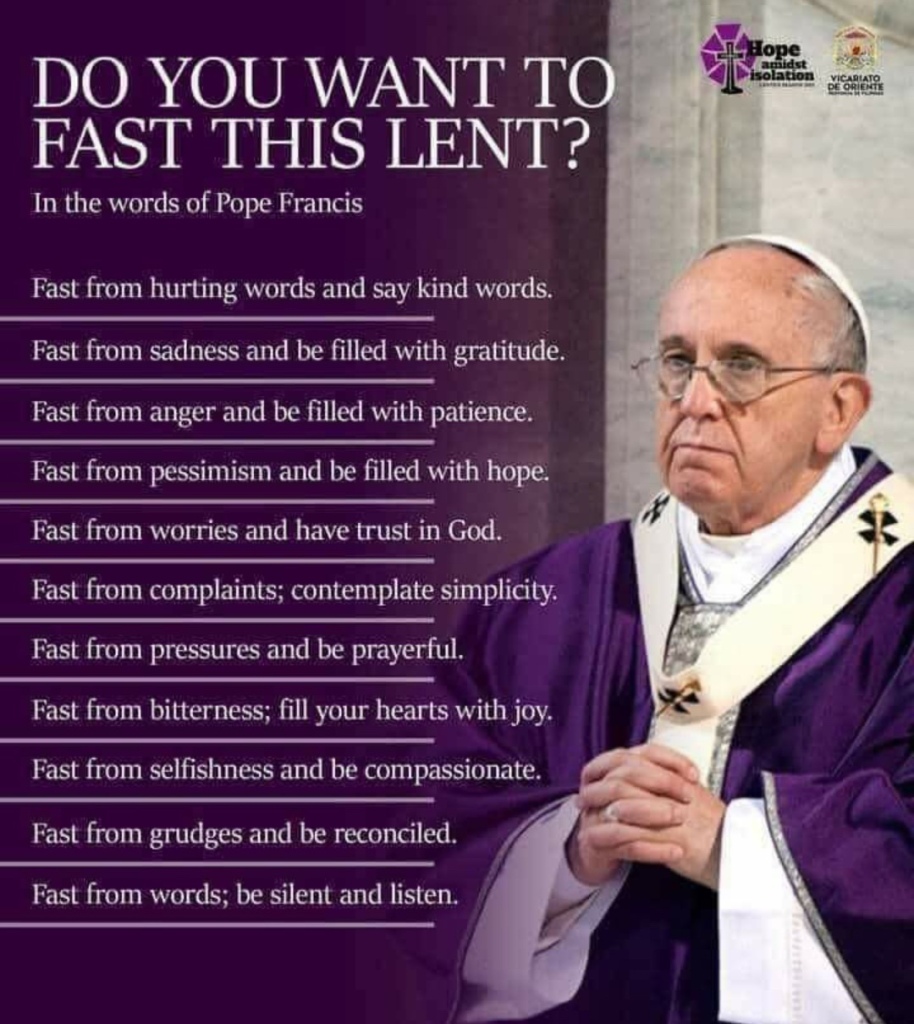

There is a lot of uncertainty and chaos in the world at present; this poem may provide some comfort.
Do you need Me?
I am there.
You cannot see Me, yet I am the light you see by.
You cannot hear Me, yet I speak through your voice.
You cannot feel Me, Yet I am the power at work in your hands.
I am at work, though you do not understand My ways.
I am at work, though you do not recognize My works.
I am not strange visions. I am not mysteries.
Only in absolute stillness, beyond self,
Can you know Me as I am,
And then but as a feeling and a faith.
Yet I am there. Yet I am here. Yet I answer.
When you need Me, I am there.
Even if you deny Me, I am there.
Even when you feel most alone, I am there.
Even in your fears, I am there.
Even in your pain, I am there.
I am there when you pray and when you do not pray.
I am in you, and you are in Me.
…….
Though your faith in Me is unsure, My faith in you never wavers,
Because I know you, because I love you.
Beloved I am there.
For the text of the entire poem go to https://www.unity.org/article/i-am-there
On August 7, 1971, the poem “I Am There” was famously carried to the moon by Apollo 15 astronauts James B. Irwin, David R. Scott, and Alfred M. Worden. Stored in a microfilm file, the poem was intended to be left there for future space explorations.
I painted this some years ago. A copy of a magazine cover. It’s only looking at it now that I am offended by how white he is portrayed to be. And I realize even more clearly that Christian beliefs have been developed through a particular lens, one that makes it easier to hate people of color and Jews.
If Jesus were portrayed with more obvious Jewish features and dark-skinned – as he actually was historically – I wonder what impact that would have now or have had before? Would white supremacists have been able to comfortably claim to be Christian? Would the Clan have used the cross as a symbol of power?
History is written by those in power. Christian history is no different. Jesus is portrayed as having European features in many early depictions. A Roman not a Jew.

“The problem is that we keep going back to sleep, or otherwise live in ways that neglect this deep knowing. Thus, the crises that we are in the midst of today, whether ecological, political, or societal, stem from the fact that we treat the earth and one another as less than sacred. All these critical issues are interrelated. The way we have wronged the earth is the way we have dishonored the feminine or belittled the “other,” whether that is the “other” nation, religion, race, or sexual orientation. We have fallen out of alignment with the deepest truths within us. How are we to awaken again to the sacredness at the heart of all life, the sacredness that is also at the heart of our own being?
The Celtic spiritual tradition is one that has long emphasized an awareness of the sacred essence of all things. This tradition is in fact part of our Western Christian inheritance, although it has been largely forgotten and at times suppressed…
What is unique about the Celtic tradition compared to most other Western traditions is that it cannot be reduced to a set of doctrines or beliefs; instead, at its core is the conviction that we essentially need to keep listening to what our soul already knows, either in the particular circumstances of our lives or in matters more universal. We need this awareness among us again today, urgently.”
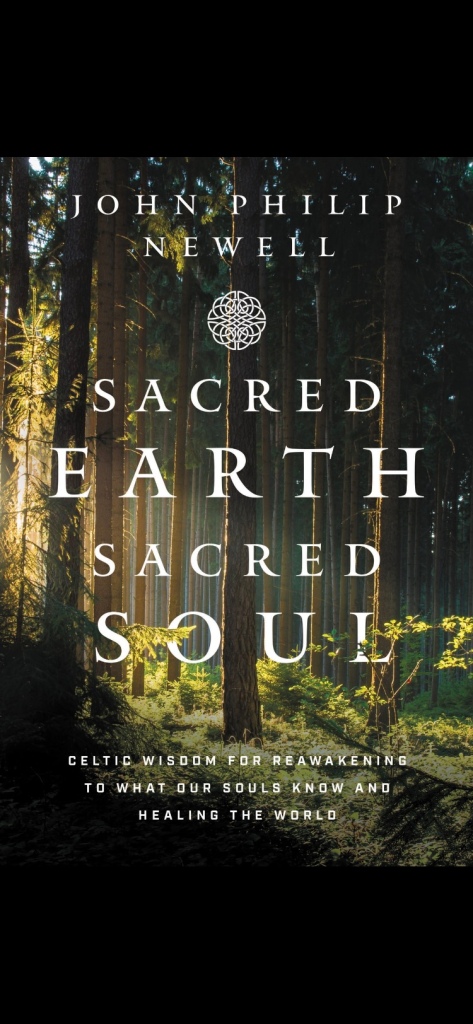
As a child of wonder I felt god in the deep thrum of the church organ, in the soaring notes of the hallelujah chorus.
I felt god in the candle light and smelled god in the incense. I was held by god in the warmth and the dark wood and the solid pews while outside it rained and snowed and the howling wind blew garbage along grey, unkind streets.
I did not see god on the altar in the clothes of my abuser. I did not hear god in the droning of the empty latin words. But when they were sung, ah, then, then my heart soared.
I did not feel god in the dark whispering box or in the hastily recited prayers.
I did not know god when priests claimed my body; they were not searching for god between my legs.
But later, much later, as a teacher on a senior retreat I found god and I cried. I cried because god was crying … for me. Imagine! In the dark of the chapel and outside in the trees god offered the love I craved, father, brother, mother, friend. And the gift broke me. I felt ashamed and unworthy and ran from god.
For years I still sang, of Jesus and God. But it wasn’t my god. For years I intoned the words of the rituals and adapted to the changes. They didn’t mean anything anyway. I baptized my sons and shuddered at the obscenities of the vows made – asking us to reject a mythical demon under threat of everlasting torment – also mythical, and medieval. But it wasn’t my god.
Yet there were tiny slivers of gold to be discovered in the mud and muck on the banks of the river of Catholicism. Matthew Fox worded a truth I already knew in my very being, in my cells: creation was good, good is god, humanity and all the created order are of god and therefore intrinsically blessed. The bible author who scribed Genesis chapter 1 knew it three thousand years ago. But his voice had lost out to the pagan superstitions that found an answer to the problem of suffering and evil in a talking snake and a magic tree. And Augustine, the suffering, morally quaking, self-hating monk of the 4th century found his answer there too. Humanity was banished from Eden to be conceived in pain and suffering and thereby pass on our guilt through the act of procreation. Only the blood-letting of a divine being could undo that banishment.
As a mother I had known organically that my children were conceived in love and goodness and born in purity and goodness and grace. The church had never spoken the truth that resonated somewhere deep in every mother’s womb, like the thrum of a great pipe organ intoning the miracle of conception, life, birth. As Catholic women we knew the doctrine of the fall and original sin. We may have sensed its disordered theology but few of us had the opportunity to study and challenge these doctrines. As a student of theology these doctrines exposed themselves to me as a warped and twisted untruth born of a tortured psyche overwhelmed by his own desires and his own dis-eases of the spirit. Augustine was a great theologian whose mind was infected by the “demon” of self-hatred. And his dis-ease has contaminated Christian the theology of creation and humanity for two thousand years, not just in Catholicism but in the conservative strands of Protestantism too.
Matthew Fox had written the truth. He was a beacon in my spiritual darkness.
Then there was the nature of the Church and the priesthood. The complete contradiction of a theology of the ontological superiority of ordained priests and a systemic approval of pederasty, pedophilia, and the grooming and seduction of vulnerable adults in the Catholic church was enough to make any educated Catholic shudder. So it was important that Catholics remain uneducated in their own theology and history and kept firm in their faith and credulity. But I was educated theologically and experientially: I knew, in a knowing that was intellectual and physical, that the Catholic institution had itself become diseased. Convinced of clergy superiority, the pew Catholics honored, adulated, adored their priests as the presence of god in their community. But what about “in” their son or “in” their daughter? No, that was impossible because priests were of God. The children were lying, they (we) needed to go to confession, be exorcised, be institutionalized. Controlled.
As an educated Catholic, and now as a mother of sons, I was pulled inside out. I could not let my sons grow up unprotected in an unchanged church. I could not defend or support a church that lied every time it was found to be breaking its own rules, its own new and better commitment to protect children. My faith, my career, my intellect, my personal memories all jarred together. I was institutionalized. Numerous times. Eventually my health required a new career. Then another. Searching for meaning still. Trying to get Adam and Eve out of the garden without the specter of the devil, punishment, evil, death.
I wrote out my anger and my pain. I spoke out about the evils of the priest abusers. I went to lawyers and gave testimony. And each time I reached out I was broken again, hospitalized again, overwhelmed and flattened. Time passed. I lost my faith in Catholicism. I lost my oldest son. I lost my god.
I don’t know that time heals exactly but the pain of suffering and loss become more dulled and good memories soften the edges of daily remembering.
I rediscovered Matthew Fox recently. And I rediscovered Pelagius, an early church theologian from Britain who challenged Augustine back in the 4th century. Pelagius and Celtic Christianity had always taught the truth of Genesis chapter 1, “and God saw that it was GOOD.” Pelagius was condemned as a heretic for his troubles. But there are more theologians now who are writing and speaking about original blessing. More women who are challenging the traditional misogynistic theologies and bringing to light the voices of women who have been condemned, silenced, or simply ignored. Women like Mary Magdalene, the first prophet/witness of the resurrection of Jesus. Women like Julian of Norwich, Hildegarde of Bingen, Mother Teresa of Calcutta. And the hundreds yet untranslated, unnamed voices whose message is that all creation and humanity in particular is of god, of goodness, and is a blessing.
Perhaps it is time to write again.
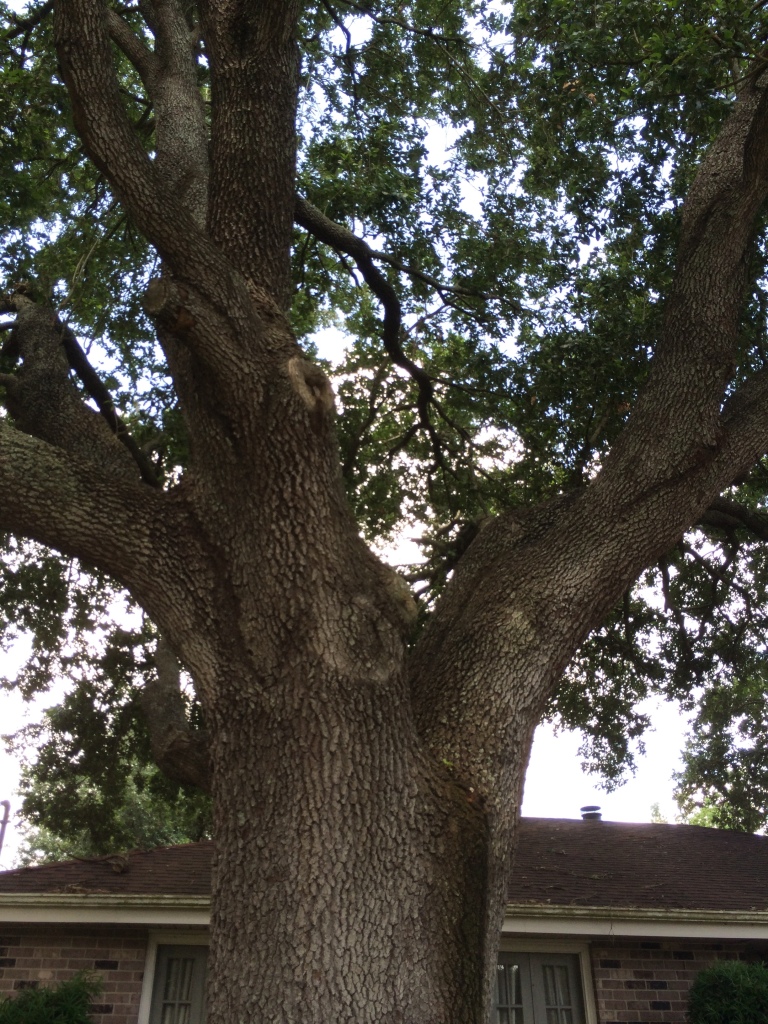
There are many ministers who preach the Prosperity Gospel and many versions of it. But basically it is the view that God intends for good people to be successful, wealthy, and healthy. All you have to do is ask God, even demand it – and give money to the preacher as a sign of your faith. There is an emphasis on healing, yes, but it is usually tied to money ultimately. And typical of evangelical Protestant churches the emphasis is giving money to the minister personally rather than the church organization. A true cult of personality is typical in these churches.
The reverse of the Prosperity Gospel teaching is that if you are poor or ill you must be a sinner and/or not have enough faith. You are a failure and God is not blessing you. Very Old Testament! But, newsflash, Jesus didn’t preach or teach a “prosperity” message.
Jesus would be judged to be a complete failure by the Prosperity Gospel standards. He was poor, he didn’t ask for money, he not only accepted the destitute, the sick, and the sinners, he blessed them – with compassion, some bread and fish, a healing or two, but not with social success and power, and not with gold and jewels.
Jesus did not achieve worldly success, he did not value ostentation, often requesting that people not talk about his healings. He did not crave the limelight but often took time away from the crowds. He wore ordinary sandals and occasionally rode a donkey. He camped out. How can he be compared to the private jet, stretch limo, multi-million dollar mansions type of minister.
Yet these contemporary, evangelical, charismatic, Prosperity Gospel ministers continue to claim to be speaking and acting and living in his name. They must have a different New Testament from mine. Or perhaps they’ve just confused Jesus and King Solomon.

https://en.m.wikipedia.org/wiki/Prosperity_theology
https://www.beliefnet.com/faiths/christianity/8-richest-pastors-in-america.aspx
Jesus was not a priest: Jesus did not ordain anybody.
Jesus was critical of the Jewish priesthood.
Jesus’ theology was more in line with the Pharisees – rabbis (married teachers who believed in life after death) than the priests – Sadducees (married Temple officials who believed in accepting money, animal sacrifice, reserving the best portions of the offerings for themselves and did not believe in life after death) Jesus did not ordain anyone at the Last Supper because there was no priesthood yet and no sacraments yet.
The Last Supper was not the First Mass but possibly a Passover meal, however not the same as a contemporary Passover Seder. There was no church, no sacraments, no priesthood at this time. They were followers of Jesus gathered together for a meal that turned out to be the last one they shared.
The four Gospels are not biographies but theological reflections and as such they tell us sometimes more about the context, audience, and concerns of the author than the historical life of Jesus.
Paul was not an Apostle.
Paul was a Jewish Pharisee/Rabbi in training, not a priest.
Paul never met Jesus.
Paul’s letters were written earlier than the Gospels.
Paul was the reason that Christianity survived and flourished not Peter.
Peter was never the leader of the first community of Christians in Jerusalem.
Peter was married (he refers to his mother-in-law) as were the rest of the Apostles, excepting perhaps John who was the youngest.
Peter was never the leader of the Church in Rome, therefore cannot historically be claimed as the first Pope.
The term Pope simply meant leader in the sense of Bishop in today’s terminology.
Who was Jesus? A Jewish rabbi, prophet, the Messiah of prophecy, a crazy man? The Gospels reflect a growing faith in Jesus as more than a rabbi/healer (Mark), but someone who God created specially, “Son of Man,” “Messiah,” “Virgin Birth,” “Son of God,” (Matthew and Luke), or even the pre-existent Word of God, present at Creation (John).
The New Testament didn’t really settle the issue of who Jesus was and how he could be God. The debate about the nature of Jesus continued in the early Church and was so acrimonious that factions actually set about killing each other. How could Jesus be God and Man, he had to be one or the other. And how could the immutable, perfect, unchanging God be present fully in an imperfect human body and, change, suffer, and die? And if Jesus was God doesn’t that make two Gods, Creator, Father God and Jesus his Son?
There was no immediate answer to these questions. Belief in Jesus identity as God was not settled by John’s Gospel, by any means. It took the church hundreds of years and multiple councils.
The first Council of the Church was not Nicea but Jerusalem, at which the main issue was the inclusion and circumcision of non-Jews. Jesus was not being worshipped as Divine yet, but was being remembered as the Messiah.
The Council of Nicea was convened by the Emperor Constantine, an unbaptized pagan who claimed authority over the church in order to deal with the opposing factions and resulting unrest in the Empire.
Beliefs/later deemed heresies about Jesus that developed in the second through fifth centuries included:
- Docetism: Jesus did not have a real body, it was a vision, unreal, so he didn’t really die, because God can’t suffer and die and we think Jesus was God. So Jesus was not really human.
- Adoptionism: Jesus was a righteous man who became the Son of God by adoption. He was not pre-existent, therefore was not there when God created the universe. A man cannot also be a God, and there was only One God, the Creator.
- Arianism: Jesus was a demigod—less than God, more than man. Jesus was created, finite, and could sin. Because a man could not be God. It took 18 church councils to resolve the issue. It was finally condemned in 325 at the Council of Nicea.
- Apollinarianism: Jesus had no human mind or soul, having instead a divine mind. Jesus had all the other parts of a human however: spirit, body, and animal soul (the animating force but not the intellect or spirit). If Jesus was God and Man in One Person, there could only be one Mind/Spirit in charge. Condemned in 381 at the First Council of Constantinople.
- Monophysitism: Jesus had only one divine nature and no human nature. The divine nature absorbed and nullified any human nature. Jesus is both divine and human, but not “fully” human. Condemned at the Council of Chalcedon 451.
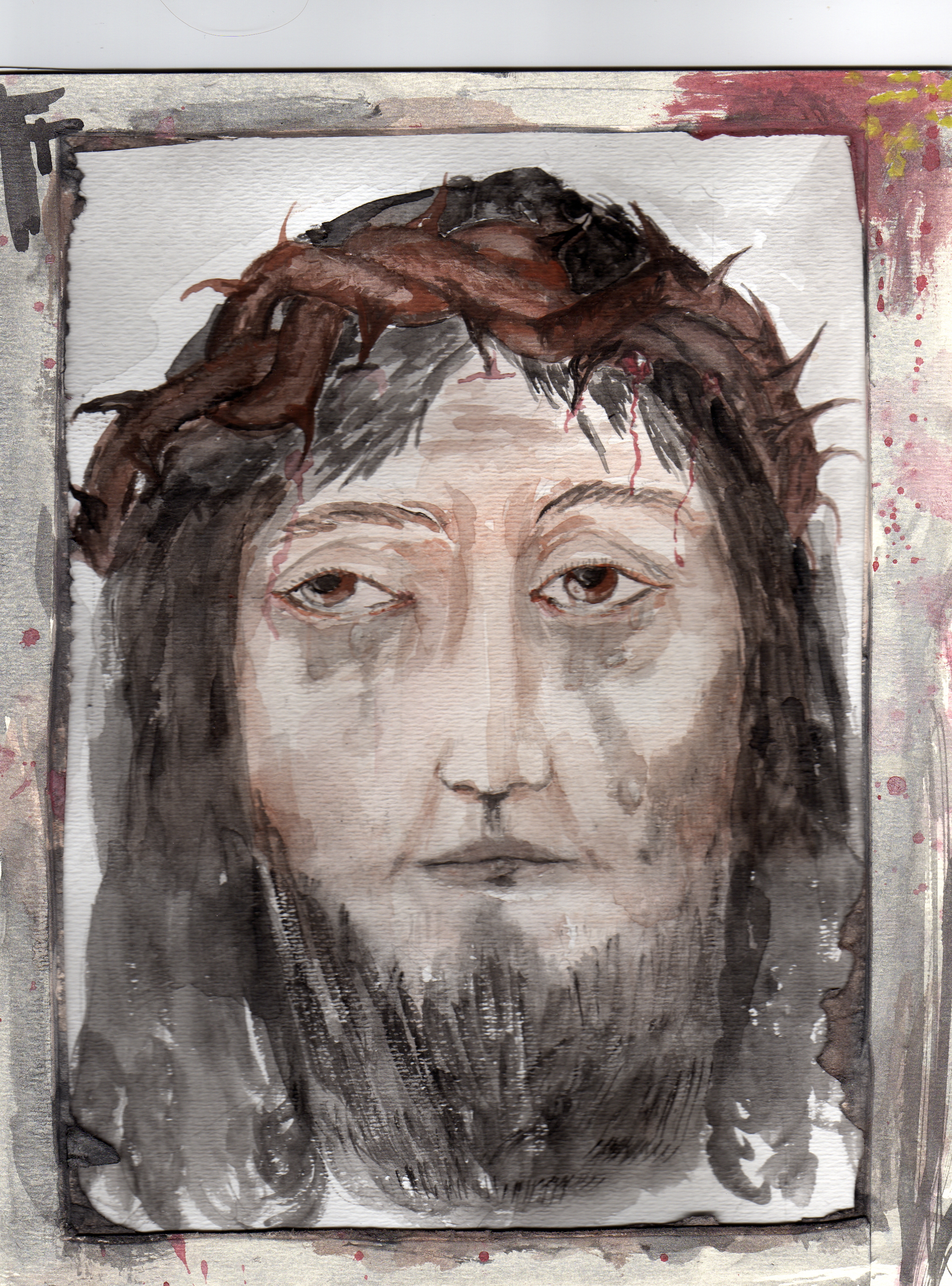
As a chaplain I have increasing numbers of patients and/ family members who do not claim to be religious but are nonetheless searching for something to provide meaning, direction, purpose, or value in their or their loved one’s suffering and dying. “I’m not religious but my wife is.” To which the patient responded, “Well, not really. I haven’t gone to church in years. I’ve been looking for something, I guess. But what do I do now?” She was told she had just weeks to live.
I am hoping in the future months to gather or create resources for such people and I will share them here. I also ask for suggestions from any readers. If you or someone you know fits in this category, how are you or they making sense of life and death? Perhaps I need a new blog to attract people with this issue. But I’ll wait and see.
For the time being, check out some responses here:
How do I process my grief?
Does suffering have any meaning?
Do we live in a random chaotic universe?
Is it time to re-evaluate my understanding of “God”?
This book is for anyone who has suffered a loss – of safety, of one’s home, of health, of a loved one or a relationship, or of one’s faith … and found themselves asking, “Why?” And then wondering, “Who am I asking?” and hoping they were not alone.
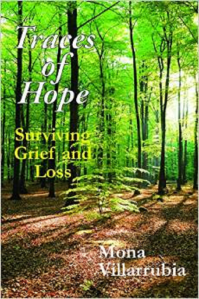
As a progressive Christian I …
1. Believe that following the path and teachings of Jesus can lead to an awareness and experience of the Sacred and the Oneness and Unity of all life;
2. Affirm that the teachings of Jesus provide but one of many ways to experience the Sacredness and Oneness of life, and that we can draw from diverse sources of wisdom in our spiritual journey;
3. Seek community that is inclusive of ALL people, including but not limited to:
- Conventional Christians and questioning skeptics,
- Believers and agnostics,
- Women and men,
- Those of all sexual orientations and gender identities,
- Those of all classes and abilities;
4. Know that the way we behave towards one another is the fullest expression of what we believe;
5. Find grace in the search for understanding and believe there is more value in questioning than in absolutes;
6. Strive for peace and justice among all people;
7. Strive to protect and restore the integrity of our Earth;
8. Commit to a path of life-long learning, compassion, and selfless love.

